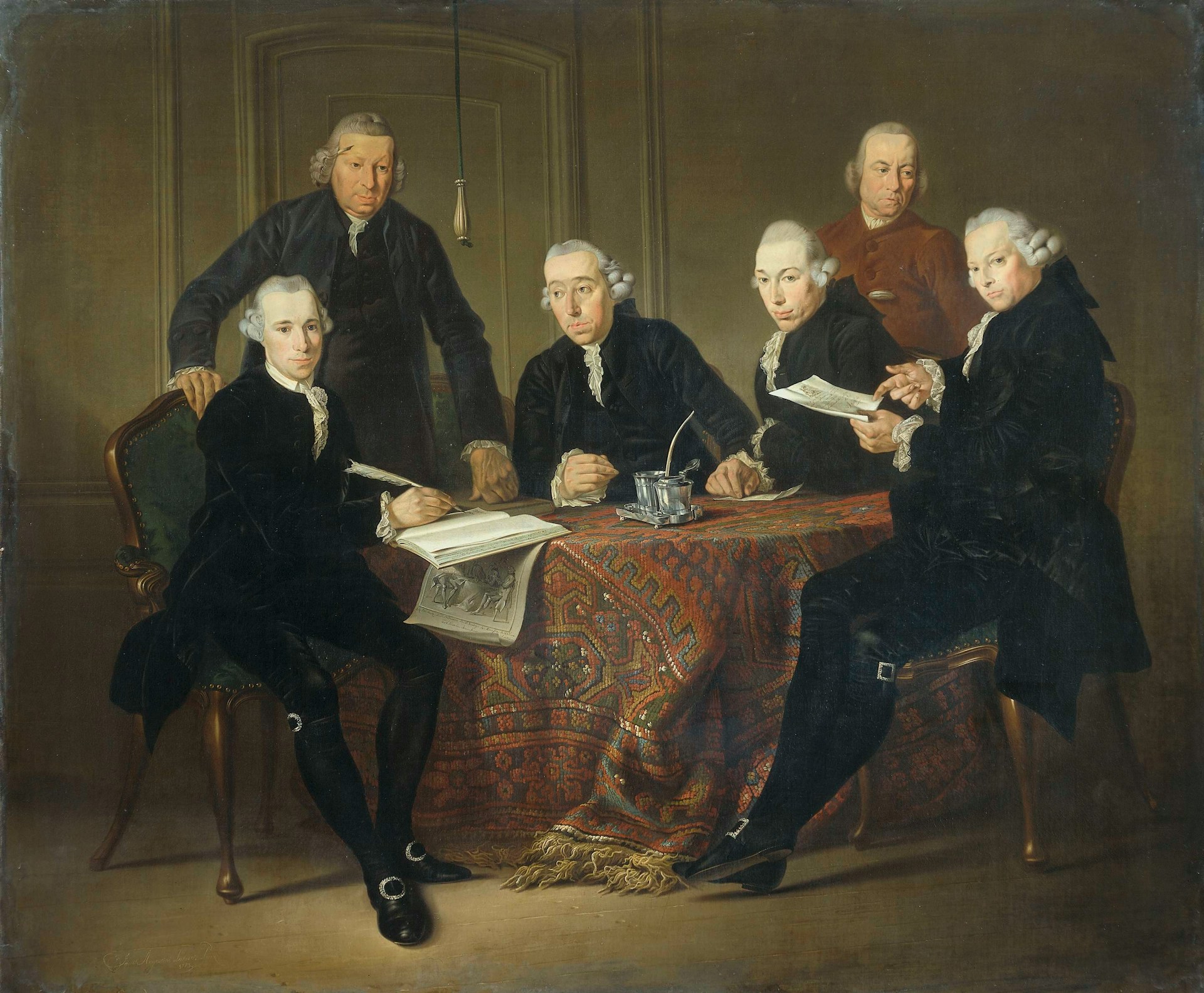Today's lesson is brief and to the point.
On giving advice
You can offer many types of advice, such as:
- Advice from your own experiences,
- Advice from what you've learned in books,
- Advice from others' mistakes,
- Advice based on your instincts about a situation, etc.
However, there's one type of advice I suggest you avoid giving:
Advice that nobody asked for.
Avoid giving unsolicited advice. It may seem obvious, but you'll often find yourself advising people who haven't asked for it. You'll also receive advice you didn't request. While I don't believe it's usually done with bad intentions, unneeded advice is often ignored. Also, giving unsolicited advice can make you appear intrusive.
A relevant quote from Stoic philosophy:
You always own the option of having no opinion. There is never any need to get worked up or to trouble your soul about things you can't control. These things are not asking to be judged by you. Leave them alone. ~ Marcus Aurelius
Focus on sharing advice with those who are open to it, and remember to apply it to your own life too.
On receiving advice
Another fascinating aspect to consider is whose advice warrants serious consideration. In our lives, we often encounter unsolicited advice, but it's crucial to discern which pieces of guidance truly hold value. A principle I find particularly insightful in this context is Ray Dalio's concept of “believable opinions,” which can be aptly adapted to the realm of advice.
Consider this: the most credible advice typically comes from individuals who have not only achieved success in the specific area they're advising on but also possess the ability to logically articulate the cause-and-effect dynamics of their insights. This concept of evaluating the credibility of advice based on expertise and logical reasoning is instrumental. When we apply this filter of believability to the advice we receive, our decision-making process becomes not only more effective and equitable but also more aligned with our goals and values.
Even when we might disagree with a particular piece of advice, understanding its foundation in experience and logical reasoning allows us to respect and potentially stand behind the decision it informs. This approach to considering advice ensures that we're not swayed by every opinion that comes our way, but rather, we give weight to those insights that are grounded in proven success and thoughtful analysis.
Here's how Ray Dalio encapsulates this idea:
“The most believable opinions are those of people who 1) have repeatedly and successfully accomplished the thing in question, and 2) have demonstrated that they can logically explain the cause-effect relationships behind their conclusions. When believability weighting is done correctly and consistently, it is the fairest and the most effective decision-making system. It not only produces the best outcomes but also preserves alignment, since even people who disagree with the decision will be able to get behind it.”
This philosophy transforms how we perceive and value the advice we receive, encouraging us to seek guidance that is not only sound but also substantiated by real-world success and logical clarity.
Check other relevant posts:





![[Guide] Product hiring framework](https://images.unsplash.com/photo-1635350736475-c8cef4b21906?ixlib=rb-4.0.3&q=90&fm=jpg&crop=entropy&cs=srgb&w=1920)















